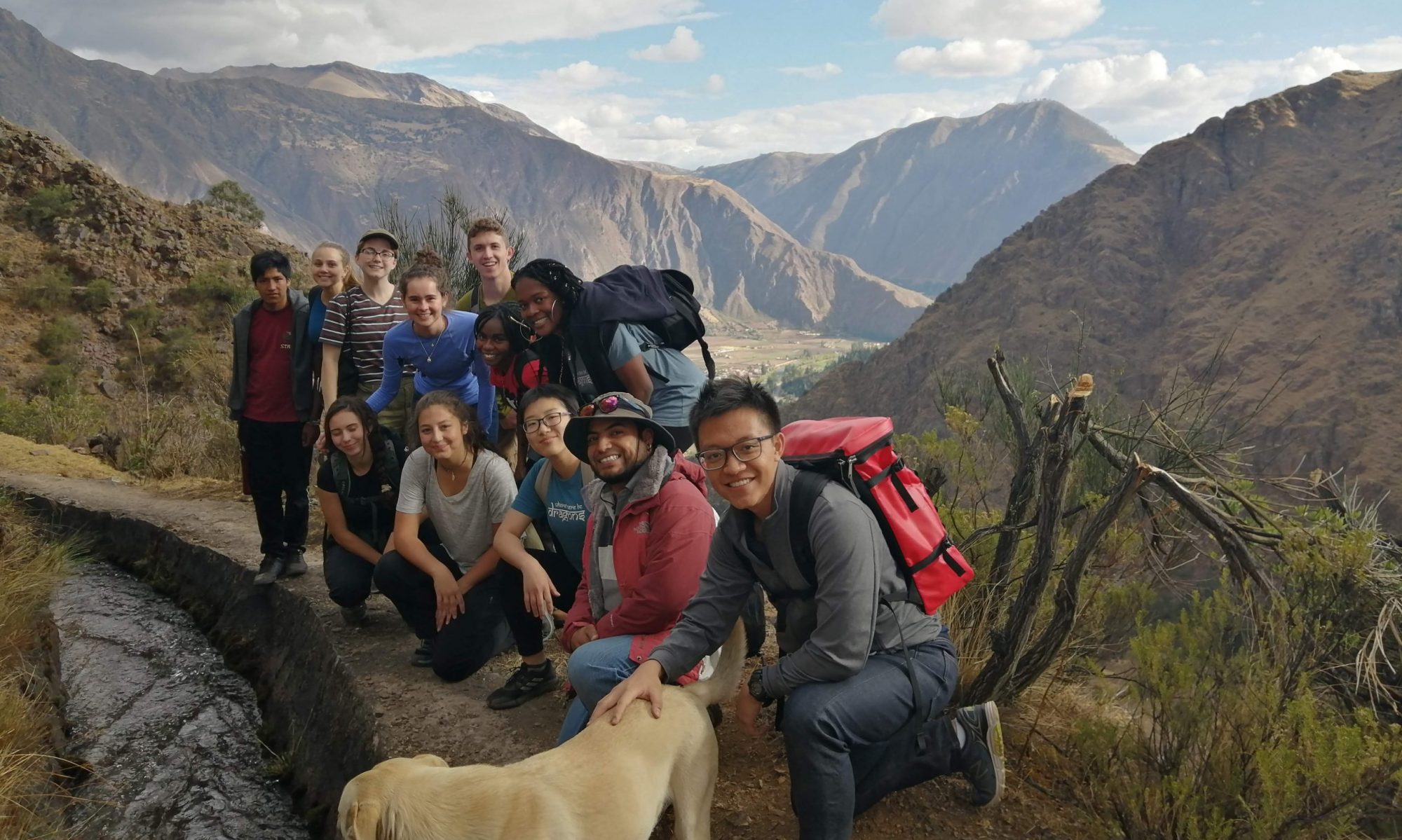By Andrew, Tufts 1+4 Participant
I have always had an affinity for birds. In grade school I dreamed of working in a parrot rehabilitation center and poured love into caring for the hens I raised in my yard. Most days involved reading the field guide “Birds of Wisconsin” and my seasons were divided by patterns of migration. From loons at dusk to Eagles with prey; I would often sit and simply listen. These voices, I now realize, lectured many of the first of life’s elusive lessons.
Yet in adolescence I landed at a point where this appreciation fell away. There came a time when April chose to cut off from the oranges. I left purple years and Orioles without jelly. At life ́s heaviest, I saw the nature of Wisconsin as no blessing at all. Forests were cotton and trees swallowed each tick of my watch; I realize now I had set an alarm.
With adolescence came a longing to fit in and so I trained myself to see mass as the way. I was sure city was solution and took comfort in setting systems of equations that ate bigger numbers of people to produce higher chances of finding a flock. Happiness was a pseudo-probability derivative of people and punctuated by digits-calculations, constructions-as if science or statistics were the infallible variations of subtle math that neither lies. It was in these crowds that I envisioned each face gently weaving away to reveal my concrete perch while forgetting that systems and substitution were taught not only to solve for X, but importantly for Y.
Quite quickly what were once wishes transformed into reality, swift to unfold. I moved cities while traveling the world and was washed by waves of wonderful people. I was living what I thought should be my dream and though I would say I felt happier, life felt almost distracting. It culminated in academic pressure, a difficult relationship and friends with struggles of their own. After graduating completely exhausted, for the first time in many years, I allowed myself to embrace being alone.
Shortly after, the sky burst out in purple humming.
For so many years, the clattering of unhappiness forbid my mind from giving way to beauty’s songs. Yet the birds had never stopped singing. I had simply forgotten to listen. Perhaps in a world of frantic searching, it is the listening we need now most. For me, that meant to myself.
I had tried so hard for so long to fit into some mold that I forgot the simplicity of being myself. As we grow older we often lose touch with the joy this earth once brought us as children as we assume increasingly more imposed and inherited roles. For me, to listen to myself once again means beginning to learn to gaze through it all. It means staring so deeply that even the mud in the water eventually turns into love.
Ornithologists have demonstrated that birds can adapt their calls in both volume and style to adjust to acoustic terrain. So resilient are their hymns that they rely not on the world around them to be heard. It is in this resilient symphony where we can be magically reminded how love transcends sounds; words. We hear each call, and the differences combine. It is in the textured soundscape that we once again come to understand the way difference courts beauty.
This is an earth full of songs always singing, let us learn to let these voices be heard.


